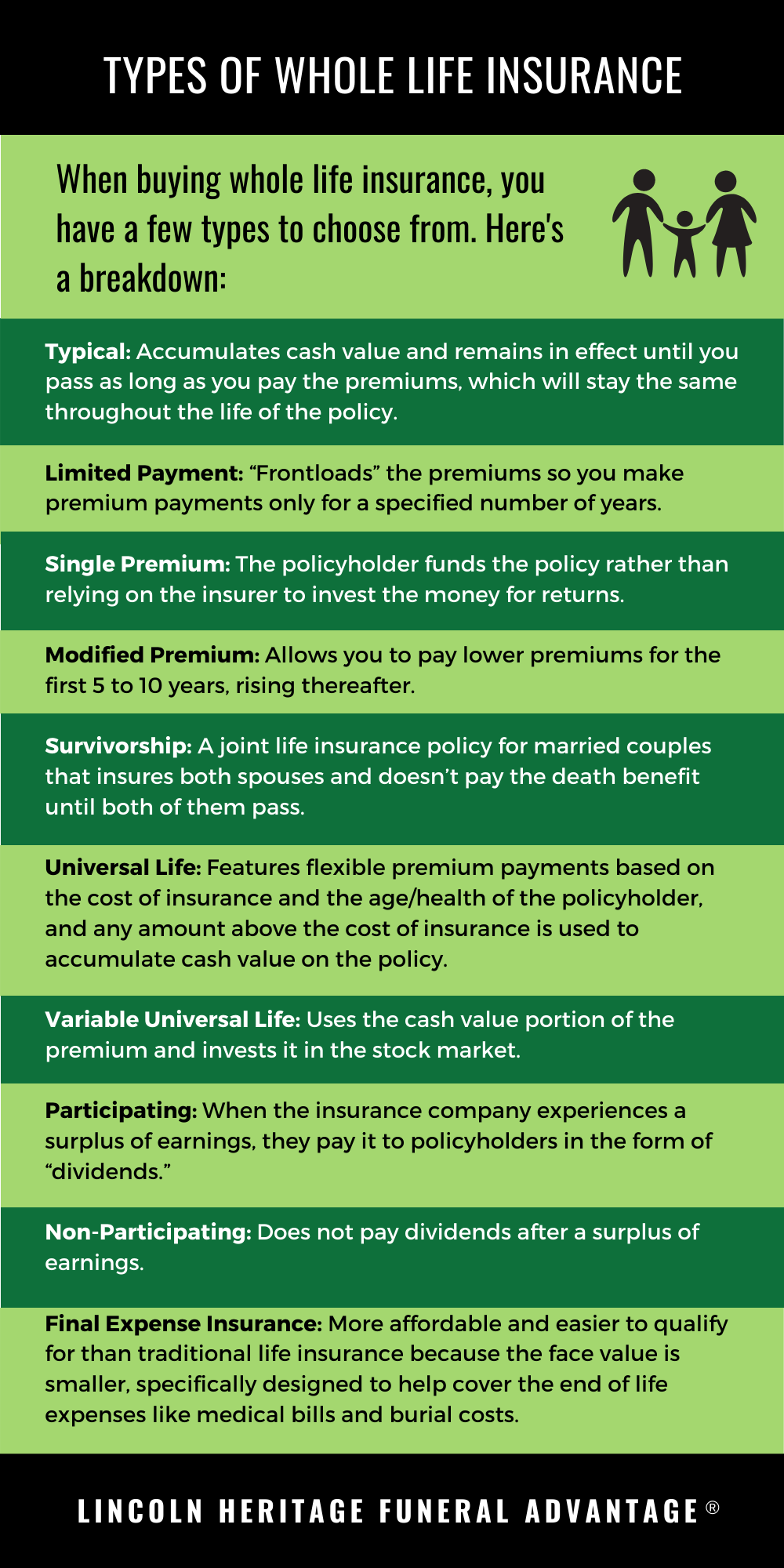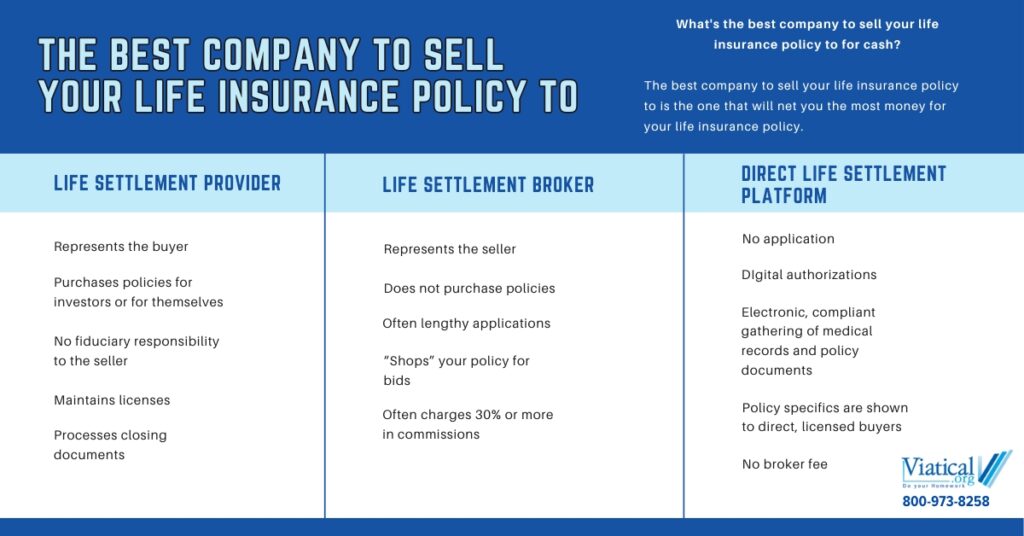Sue After a Car Accident
When to Sue After a Car Accident
After a car accident leaves you injured, your head is likely swirling with questions. You want to get back on your feet, but the road to recovery could be a long and expensive one. If the accident wasn’t your fault, you may be wondering if you should sue the other driver. Suing after a car accident is a big decision, and it’s important to weigh the pros and cons carefully. To help you make an informed decision, let’s dive into the details of when it makes sense to pursue legal action.
When to Consider Legal Action
Deciding whether to sue after a car accident is not a one-size-fits-all answer. However, there are some key factors to consider:
1. Liability is clear: If the other driver was clearly at fault for the accident, you have a better chance of winning your case. This can be shown through things like police reports, witness statements, or traffic camera footage. Determining fault involves proving that the other driver was negligent, meaning they failed to take reasonable care behind the wheel. Maybe they were speeding, running a red light, or driving under the influence.
2. You have significant injuries: If you’ve sustained serious injuries that require extensive medical treatment, suing may be your best option to recover the compensation you need. Proving the extent of your injuries is vital, so make sure to document your medical expenses, lost wages, and pain and suffering.
3. The insurance company is not cooperating: If the other driver’s insurance company is refusing to pay for your damages or is making a lowball offer, you may have no choice but to sue. This is especially true if you believe that the insurance company is acting in bad faith, which means they’re not following their legal obligations to you.
4. You want to make an impact: Car accidents are all too common, and they often cause unnecessary pain and suffering. If you believe that suing the other driver will not only help you but also send a message to other negligent drivers, you may want to consider legal action.
Who to Sue After a Car Accident
Following a car crash, you may be left wondering who is responsible for your injuries and damages. While the answer depends on the specifics of the accident, there are generally three parties you can sue: the driver who caused the accident, the owner of the car they were driving, or both. Determining the appropriate defendant is crucial for seeking compensation for your losses.
Who is Liable?
In most cases, the driver who caused the accident is the one who is legally liable for damages. They may have been negligent in their actions, such as driving under the influence of alcohol or speeding. Alternatively, they may have violated traffic laws, such as failing to yield or running a red light.
However, sometimes the driver may not be solely responsible for the accident. For example, if the car they were driving was defective, the manufacturer or owner of the vehicle may also be held liable. Additionally, if the accident was caused by a third party, such as a pedestrian or cyclist, they may be the ones you need to sue.
Suing the Driver
If you decide to sue the driver who caused the accident, you will need to prove that they were negligent. This means showing that they failed to exercise reasonable care in operating their vehicle and that their actions caused your injuries or damages.
In some cases, you may also be able to sue the driver’s employer if they were on the job at the time of the accident. This is known as vicarious liability, which holds employers responsible for the actions of their employees.
Suing the Owner
In addition to suing the driver, you may also be able to sue the owner of the car they were driving. This is especially true if the driver was not authorized to operate the vehicle or if the owner knew that the driver was incompetent or reckless.
Owners can be held liable for accidents caused by their vehicles even if they were not present at the time of the crash. This is because they have a duty to maintain their vehicles in a safe condition and to ensure that only qualified drivers operate them.
Suing after a Car Accident: Navigating the Legal Maze
After a car accident, you may be left reeling from injuries, property damage, and financial losses. Pursuing legal action can provide you with compensation and hold the responsible party accountable. However, navigating the legal system can be daunting. Here’s a comprehensive guide to help you understand what to expect when filing a lawsuit:
What to Include in a Lawsuit After a Car Accident
Your lawsuit should meticulously document the accident, your injuries, and the damages you’re seeking. It should include:
-
Description of the accident: Describe the date, time, location, and circumstances of the accident. Provide details about the vehicles involved, the weather conditions, and any witnesses.
-
Description of your injuries: Describe the nature and extent of your injuries, including physical injuries, emotional distress, and medical expenses. Provide medical records and documentation from healthcare providers.
-
Damages you’re seeking: Itemize the damages you’re seeking, such as medical expenses, lost wages, property damage, pain and suffering, and emotional distress. Quantify these damages as much as possible.
Beyond these core elements, your lawsuit may also include:
-
A demand for compensation: State the specific amount of compensation you’re seeking.
-
A statement of liability: Explain how the other party was responsible for the accident and why you’re entitled to compensation.
-
Evidence to support your claim: Attach medical records, police reports, witness statements, and any other relevant documentation.
Types of Damages You Can Claim
In a car accident lawsuit, you may be able to recover various types of damages, including:
-
Economic damages: Compensate you for objectively verifiable losses, such as medical expenses, lost wages, and property damage.
-
Non-economic damages: Compensate you for subjective losses, such as pain and suffering, emotional distress, and loss of enjoyment of life.
-
Punitive damages: May be awarded in exceptional cases to punish the defendant and deter future misconduct.
Navigating the Legal Process
Filing a lawsuit is a complex process, so it’s crucial to consult with an experienced attorney. They can guide you through the legal system, gather evidence, and negotiate with the other party on your behalf.
The legal process typically involves the following steps:
-
Filing a complaint: Formally initiating your lawsuit by filing a legal document in court.
-
Discovery: Exchanging information and documents with the other party.
-
Negotiation: Trying to reach a settlement, which avoids a trial.
-
Trial: If a settlement cannot be reached, a trial will be held where a jury or judge will decide the outcome.
Suing after a car accident can be a daunting task, but with proper preparation and legal guidance, you can pursue the compensation you deserve and seek justice for the harm you’ve suffered.
Should You Sue After a Car Accident?
After a car accident, it’s natural to feel shaken and unsure of what to do next. If you’ve been injured, you may be wondering whether or not you should sue the other driver. Here are a few things to consider when making this decision:
- The severity of your injuries
- The other driver’s fault
- The amount of insurance coverage available
- Your own financial situation
- Your goals for the lawsuit
How to Find a Lawyer to Sue After a Car Accident
If you’ve decided to sue after a car accident, the next step is to find a lawyer. Here are a few tips:
Look for a lawyer who has experience handling car accident cases
.
You’ll want to find a lawyer who has a proven track record of success in handling car accident cases. This means they should have a deep understanding of the law and the legal process, as well as experience negotiating with insurance companies. You can ask your friends, family, or other trusted sources for recommendations, or you can search for lawyers online.
Interview several lawyers before making a decision.
Once you’ve found a few potential lawyers, it’s important to interview them to find the best fit for you. In your interview, be sure to ask about their experience, their fees, and their approach to handling car accident cases. You should also ask them about their availability and how they communicate with their clients.
Choose a lawyer who you feel comfortable working with.
It’s important to choose a lawyer who you feel comfortable working with. This is someone who you’ll be spending a lot of time with, so it’s important to find someone who you trust and who you can communicate with easily. Trust your gut instinct, and choose a lawyer who you feel like you can connect with.
Don’t be afraid to ask questions.
If you have any questions about the legal process or your case, don’t be afraid to ask your lawyer. A good lawyer will be happy to answer your questions and help you understand what’s going on. The more you know about your case, the better equipped you’ll be to make informed decisions.
Sue After a Car Accident: A Guide to Lawsuits and Compensation
Have you been injured in a car accident and are considering suing for damages? The legal process can be intimidating, but understanding what to expect can help you make informed decisions. This article will guide you through the steps involved in a car accident lawsuit, including what to expect during the process.
Understanding the Lawsuit Process
A lawsuit is a legal action in which you seek compensation for damages suffered as a result of someone else’s negligence or wrongdoing. In a car accident lawsuit, you’ll typically seek compensation for medical expenses, lost wages, pain and suffering, and other economic and non-economic losses.
Filing a Lawsuit
To initiate a lawsuit, you must file a complaint with the court. The complaint will outline your claims, the legal basis for your case, and the damages you’re seeking. The defendant (the person or entity being sued) will then have the opportunity to file an answer.
Discovery and Negotiations
Once the lawsuit has been filed, the discovery phase begins. This involves exchanging information, taking depositions, and conducting medical examinations. Both parties will also have the opportunity to negotiate a settlement agreement that resolves the case without going to trial.
Trial and Verdict
If a settlement cannot be reached, the case will proceed to trial. A jury will be selected to hear the evidence and determine whether the defendant is liable for your injuries. If the jury finds in your favor, they will award you damages. The amount of damages awarded will depend on the severity of your injuries, the extent of your losses, and the defendant’s degree of fault.
What to Expect During a Lawsuit
The lawsuit process can be lengthy and complex. Here’s a general overview of what you can expect during each stage:
Pre-Filing
Before you file a lawsuit, it’s important to gather evidence, including medical records, police reports, and witness statements. You should also consult with an attorney to discuss your case and determine if you have a valid claim.
Filing the Lawsuit
Once you have your evidence and an attorney, you can file a lawsuit with the court. The complaint should include your name, the defendant’s name, the date and time of the accident, and a brief description of your injuries.
Discovery
Once the lawsuit has been filed, the discovery process begins. This involves exchanging information, taking depositions, and conducting medical examinations. Both parties will have the opportunity to learn more about the case and build their arguments.
Settlement NegotiationsAt any point during the lawsuit, the parties may enter into settlement negotiations. A settlement is an agreement to resolve the case without going to trial. If a settlement can be reached, the case will be dismissed.
TrialIf a settlement cannot be reached, the case will proceed to trial. A jury will be selected to hear the evidence and determine whether the defendant is liable for your injuries. If the jury finds in your favor, they will award you damages.
Suing After a Car Accident
If you’ve been injured in a car accident, you know how much it can cost to heal, both physically and financially. Medical bills, lost wages, and pain and suffering can add up quickly, leaving you wondering how you’re going to make ends meet. Suing the at-fault driver is one way to get the compensation you deserve. But how do you go about it? Here’s a step-by-step guide to help you get started.
Step 1: Get Medical Attention
After a car accident, it’s important to get medical attention right away. Even if you don’t feel injured, you could have hidden injuries that you don’t know about. A doctor will be able to diagnose your injuries and help you create a treatment plan. Your medical records will also serve as evidence in your lawsuit.
Step 2: File a Police Report
Filing a police report is an important step in getting compensation after a car accident. The police report will document the accident and provide valuable information to your insurance company and lawyer.
Step 3: Gather Evidence
In addition to the police report, you’ll need to gather as much evidence as you can to support your claim. This may include photos of the accident, witness statements, and medical records. The more evidence you have, the stronger your case will be.
Step 4: Hire a Lawyer
If you’ve been injured in a car accident, it’s important to hire an experienced attorney who can help you get the compensation you deserve. A good lawyer will be able to help you navigate the legal process and maximize your recovery.
Step 5: File a Lawsuit
Once you have an attorney, you can file a lawsuit against the at-fault driver. The lawsuit will outline your injuries, damages, and the amount of compensation you’re seeking. The defendant will then have the opportunity to file a response.
Step 6: Go to Trial (Optional)
Most car accident cases settle before they go to trial. However, if you can’t reach a settlement agreement with the defendant, you may have to go to trial. At trial, a jury will decide if you are entitled to compensation and, if so, how much. Going to trial can be a long and stressful process, but it may be necessary to get the compensation you deserve.
Getting Compensation
If you win your lawsuit, you may be awarded damages for your injuries, lost wages, and pain and suffering. Damages can be awarded for both economic and non-economic losses. Economic losses include medical bills, lost wages, and property damage. Non-economic losses include pain and suffering, emotional distress, and loss of enjoyment of life.




Leave a Reply